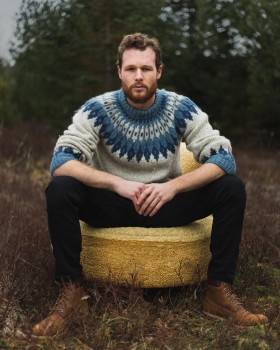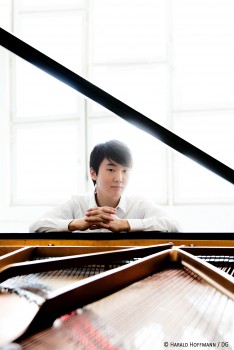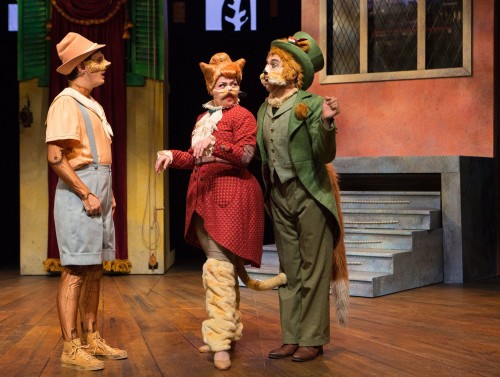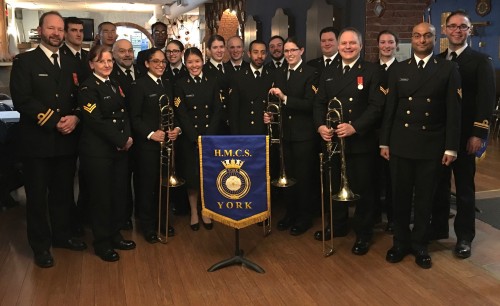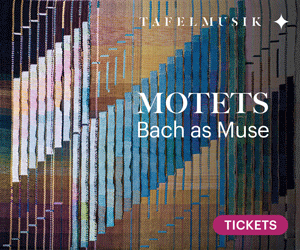Circular Exchange - Jazz and the Spirit of Christmas
On two recent performances I experienced epiphanies which reminded me of something that often gets overlooked amid the hubbub and organized chaos of gigs: that, at the core of live jazz there is a process of generosity and giving, an exchange of gifts, which is the essence of what we celebrate during Christmas and other religious holidays. The exchange is circular, as there is an unspoken pact between jazz players and their audience which goes something like this: give us your attention, your ears, and we musicians will give you our very best – or at least try to – and make some music, out of thin air, you’ve never heard before and will never hear again. This commitment to playing one’s very best holds for all good musicians, but because jazz involves so much improvising, and thus risk, the giving in a jazz performance is much more personal, coming from deep inside the musicians themselves in a sort of spontaneous, high-wire communion. It has very little to do with money. Yes, musicians are paid for performances and must be – after all, it is their work and they have to survive like everyone else. But the level of effort and commitment put forth by jazz players has nothing to do with how much a gig pays; indeed I’ve been involved in many sessions and after-hours jams where there is no money involved and everyone plays out of their skin. Why? Simply because they love music and wouldn’t think of letting it, or each other, down. Jazz players give to each other, too.


